What is Considered a High Efficiency Furnace?
Is natural gas environmentally friendly? What is considered a high efficiency furnace? These are just some of the questions you may be asking yourself when faced with the task of reducing your carbon footprint.
Canada is the largest consumer of energy in the world and the second largest producer of greenhouse gases. In today’s day and age, it’s imperative that you do your part to help the planet.
Read on for four places to cut your carbon footprint and support the planet, while saving yourself some money along the way.
Ways to Save Energy
Use Less Energy at Home
Reducing your heating and electricity use at home will lower your utility bills and reduce the emissions that cause climate change:
- Upgrade to energy-efficient appliances
- Unplug your devices
- Invest in clean, sustainable energy options.
A great way to reduce your energy consumption at home is to invest in a high efficiency furnace, which uses:
- An electronic ignition
- Two-stage heating
- A variable speed blower
- A second heat exchanger.
These parts are designed to help your high efficiency furnace give out the maximum amount of heat (when needed) while using the least amount of energy to do so.
A high efficiency furnace with an AFUE (annual fuel utilization efficiency) rating above 90% is a condensing furnace. They can do more with less fuel.
Wondering if natural gas is environmentally friendly? According to Enbridge, “when burned it produces 45 percent less carbon dioxide than coal, 30 percent less than oil and 15 percent less than wood. During combustion, it produces heat, water vapor and carbon dioxide.” So, although a fossil fuel, natural gas produces less pollution and greenhouses gases than its counterparts.
Choose Green Transportation Options
Cars contribute the most carbon dioxide (CO2) emissions and pollute our water and air through exhaust and road runoff. Here are some tips to reduce your reliance on gas vehicles:
- Walk more! Get some fresh air, stretch your muscles and reduce you carbon footprint
- Bike, carpool, or use public transportation to get around
- If you must drive, be sensible with your choices
- Consider an electric car as they emit less pollutants into the air.
Conserve Water
You can easily and effectively change your daily habits and save money and energy by using less water at home:
- When you brush your teeth make sure you turn off the tap. Only turn it back on to rinse
- Have shorter showers
- Don’t flush unnecessary things down the toilet. One flush can waste up to seven gallons of water
- Fix any water leaks that you have
- Choose efficient fixtures like shower heads to reduce water-use and save money.
Make Smart Food Choices
You may be surprised how much your food choices can impact the planet. The greenhouse gas emissions from meat production alone is an even bigger problem than fossil fuels:
- Reduce your consumption of meat with more vegetarian meals (this will reduce your grocery budget, too).
- Eat locally and choose organic food to cut down on waste and food transportation
- Eat seasonally
- Buy sustainable seafood
- Compost organic waste and recycle paper, cardboard, cans and bottles to help reduce greenhouse gas emissions associated with landfills.
Join us as we celebrate Earth Day on April 22nd and participate in the world’s largest environmental movement. But why wait? Start making green choices now and replace your HVAC system for an energy-efficient one. Contact Oosterveld Heating today to get started!



